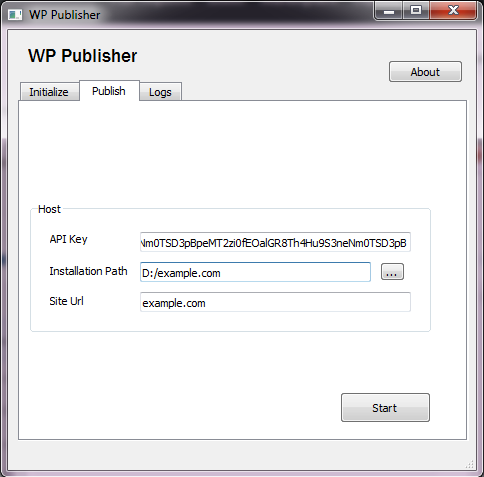'The Pragmatic Programmer' is a book which resonates with the development team. It’s resulted in a flock of rubber ducks taking up residence in the office (find out more about 'rubber duck debugging') along with the development team regularly discussing how they work and ways to improve.
Examining and improving processes is a topic we are quite keen on as there are clear cut benefits to both ourselves and our customers in instances where we speed up an existing process as it means that we are able to provide the same service for less.
One of the tasks we do regularly is create servers to host websites. This typically takes about an hour as there are various jobs to do such as creating the server, installing software, uploading files, create database, file permissions, backups and so forth. Although this process takes a while, we are committed to it due to the high level of service and flexibility it offers.
When taking into consideration we create a separate server for each website, the time soon adds up. It is also repetitive but something we know like the back of our hand so we decided to automate it.
By developing a bespoke piece of software (WP Publisher) we have reduced a moderately complex process which takes an hour down to entering 3 fields, clicking start and make a round of teas while the computer does the work (typically takes the about 5 minutes).

We're ready to go! It does not look like much but it’s nice and straightforward. It also crunches a moderately complex 1 hour job down to 5 minutes.
Although this helps the development team, it’s a tangible benefit for our customers because it means the task takes less time and as a result the customer’s bill is smaller.
Technical Notes
The core technologies used were Python and QT and once we polish it a little more, the plan is to make the software available online for others to use (in the same way HubSpot make some of their projects available). By making the project available this way it also makes the project open improvement from anyone which are in turn available to everyone.
Working in a particular way without change?
Regardless of what we do, it’s easy for us to get stuck in a certain way of working especially if it’s something we have done for a long time. It’s a habit and we can become blind to even small changes which could improve things drastically.
It’s always worth taking some time out to think about how you are working and even discussing it with others to gain a fresh perspective that can provide insight into any potential improvements.
When attending initial meetings for apps and websites we are consistently surprised at customer perceptions regarding what is ‘doable’. In certain cases we can immediately say ‘yes we can do that’ and at other times we do some research and create a short proposal around the topic.
What’s important to note is that they are surprised because together a solution has been found to something they though was not ‘doable’.
You could find a potential improvement in the last place you thought possible. So in summary:
- Think about how you work
- Be positive about change
- Ask questions
If you have an idea or any questions about how to go about leveraging apps and websites to help improve the way you work we would love to help so why not drop us an email at hello@thriveability.co.uk